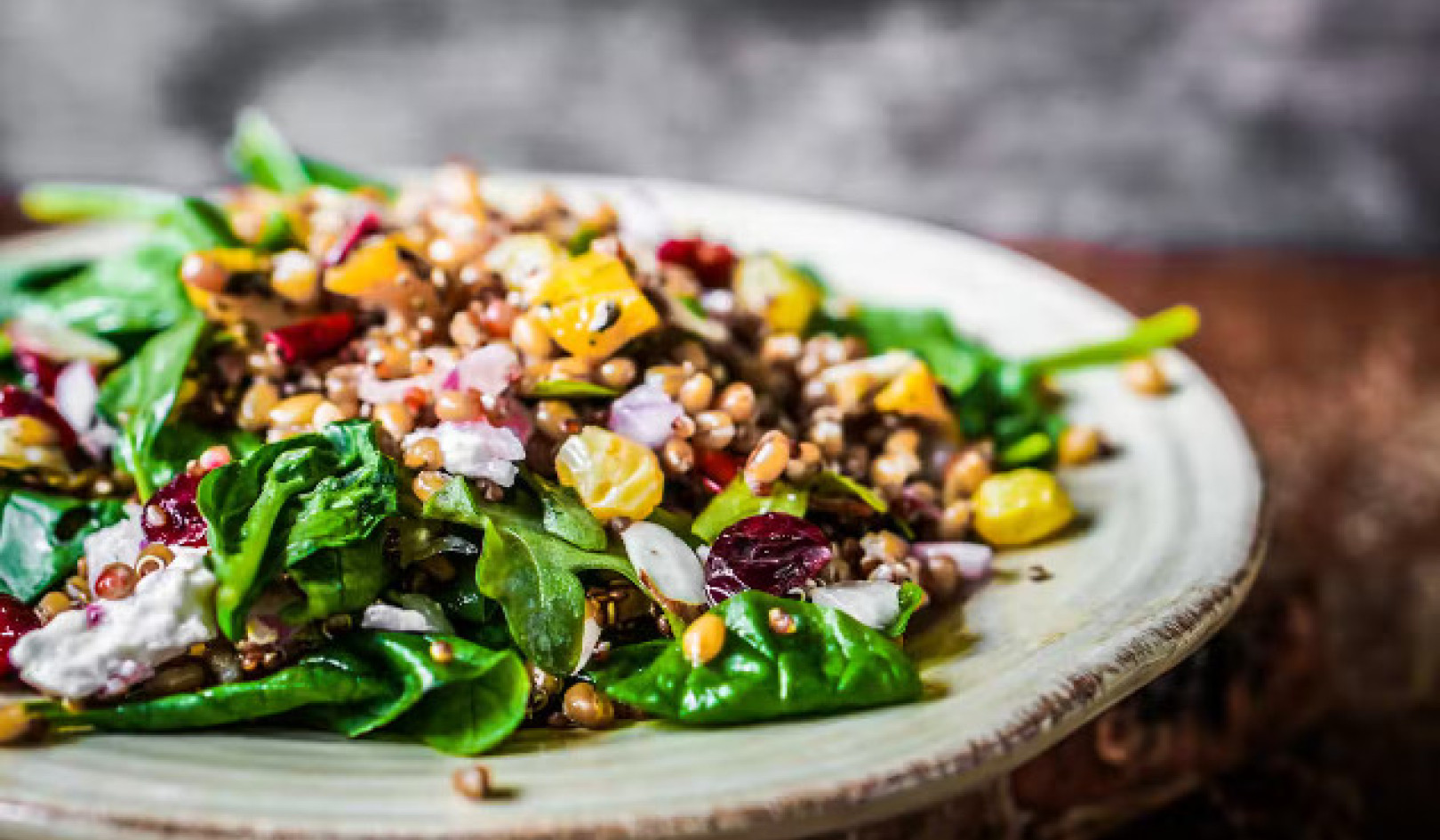
An extra 10-20 minutes of walking each day can really make a difference. Ground Picture/ Shutterstock
Losing weight is one of the most popular new year’s resolutions, yet it is one which most of us struggle to achieve. By the time the second or third week of January rolls around, many of us are finding it harder to stick with the lifestyle changes needed to lose, or at least maintain, our weight.
But one strategy that may work better when it comes to managing our weight is the “small change approach”. This starts with the understanding that for the long haul, it might be best to start small.
Large changes can be hard to sustain
Most people who are watching their weight tend to start by making large changes to their diet or physical activity habits. But large changes can be difficult to sustain over time because they require high levels of motivation. Since motivation naturally rises and falls, it’s no wonder these big lifestyle changes can be so hard to sustain.
This is where the small change approach could be useful.
This weight management strategy recommends that people should decrease the calories they eat and/or increase the calories they burn by just 100-200 each day. To put that into perspective, that could mean eating just one or two fewer chocolate biscuits or walking for an extra 10-20 minutes each day.
It’s likely you will only need to make minor changes to your current behaviour to eat 100-200 calories less or burn 100-200 calories more each day. These small changes might be easier to fit into your everyday life and, unlike larger changes, will not require additional time and effort outside your normal routine.
A small change approach is also more flexible, as there are several different ways you could decrease the calories you eat and/or increase the calories you burn by 100-200 each day. This flexibility might help to keep you engaged with the approach for longer.
And research shows that when it comes to health, making small changes to your usual habits may be more effective. We’re also less likely to fail when making small changes, which may help motivate us to make bigger ones over time.
According to previous research our team has conducted, the small change approach can indeed be an effective strategy for helping people manage their weight. Our study combined the results of 21 trials which used the small change approach for weight management. We found that adults who used the approach gained around one kilogram less over a 14-month period, compared with people who received generic weight management advice.
This is important because it suggests a small change approach could be used to prevent the 0.5kg to 1.0kg of weight gain currently seen in the adult population each year, which can contribute towards the development of overweight and obesity over time.
Further research will be needed to understand whether a small change approach could be a more effective long-term weight gain prevention, and potentially weight loss, strategy.
How to do it
If you want to give the small change approach a try, there are two questions you should ask yourself to help get you started:
- What changes can I make to reduce the calories I eat and/or burn by just 100-200 kcal each day?
- Will I be able to achieve these changes even when my motivation is low?
Small changes designed by you are more likely to fit into your everyday life and therefore might be easier to sustain over time. But if you’re struggling to design your own small changes, here are a few examples:
- Walk and talk: Whether it’s a phone call with colleagues or a catch-up with friends, adding an extra 20-30 minutes of walking into your day can help you burn up to 100 calories.
- Take a break: Most television ad breaks last about 2-3 minutes. Take this time to exercise by doing some crunches, lunges or squats. During an hour-long programme with three ad breaks, you could burn up to 100 calories.
- Avoid add-ons: Although many of us like adding things such as cheese, butter, mayonnaise and ketchup to our meals for more flavour, these tend to contain more calories than many of us realise. For instance, as little as 30g of cheese (about the size of a small matchbox) is 100 calories, while 30g of mayonnaise (about two spoonfuls) is close to 200 calories. Limiting portions, or cutting them out entirely, can make a big difference in the long term.
- Take your coffee black: Hot drinks such as lattes, cappuccinos and hot chocolate can be more calorific than you think. You could reduce your calorie intake by about 100-200 calories by cutting them out. If you can’t bear to go without your day’s coffee, consider getting a smaller size or drinking it black.
Watching your weight doesn’t have to be complicated. Making small changes to your diet and lifestyle can add up over time and make all the difference, as the small change approach shows.![]()
About The Author
Henrietta Graham, PhD Researcher, Sport, Exercise and Health Sciences, Loughborough University
This article is republished from The Conversation under a Creative Commons license. Read the original article.

Related Books:
Salt, Fat, Acid, Heat: Mastering the Elements of Good Cooking
by Samin Nosrat and Wendy MacNaughton
This book offers a comprehensive guide to cooking, focusing on the four elements of salt, fat, acid, and heat and offering insights and techniques for creating delicious and well-balanced meals.
Click for more info or to order
The Skinnytaste Cookbook: Light on Calories, Big on Flavor
by Gina Homolka
This cookbook offers a collection of healthy and delicious recipes, focusing on fresh ingredients and bold flavors.
Click for more info or to order
Food Fix: How to Save Our Health, Our Economy, Our Communities, and Our Planet--One Bite at a Time
by Dr. Mark Hyman
This book explores the links between food, health, and the environment, offering insights and strategies for creating a healthier and more sustainable food system.
Click for more info or to order
The Barefoot Contessa Cookbook: Secrets from the East Hampton Specialty Food Store for Simple Entertaining
by Ina Garten
This cookbook offers a collection of classic and elegant recipes from the beloved Barefoot Contessa, focusing on fresh ingredients and simple preparation.
Click for more info or to order
How to Cook Everything: The Basics
by Mark Bittman
This cookbook offers a comprehensive guide to cooking basics, covering everything from knife skills to basic techniques and offering a collection of simple and delicious recipes.























